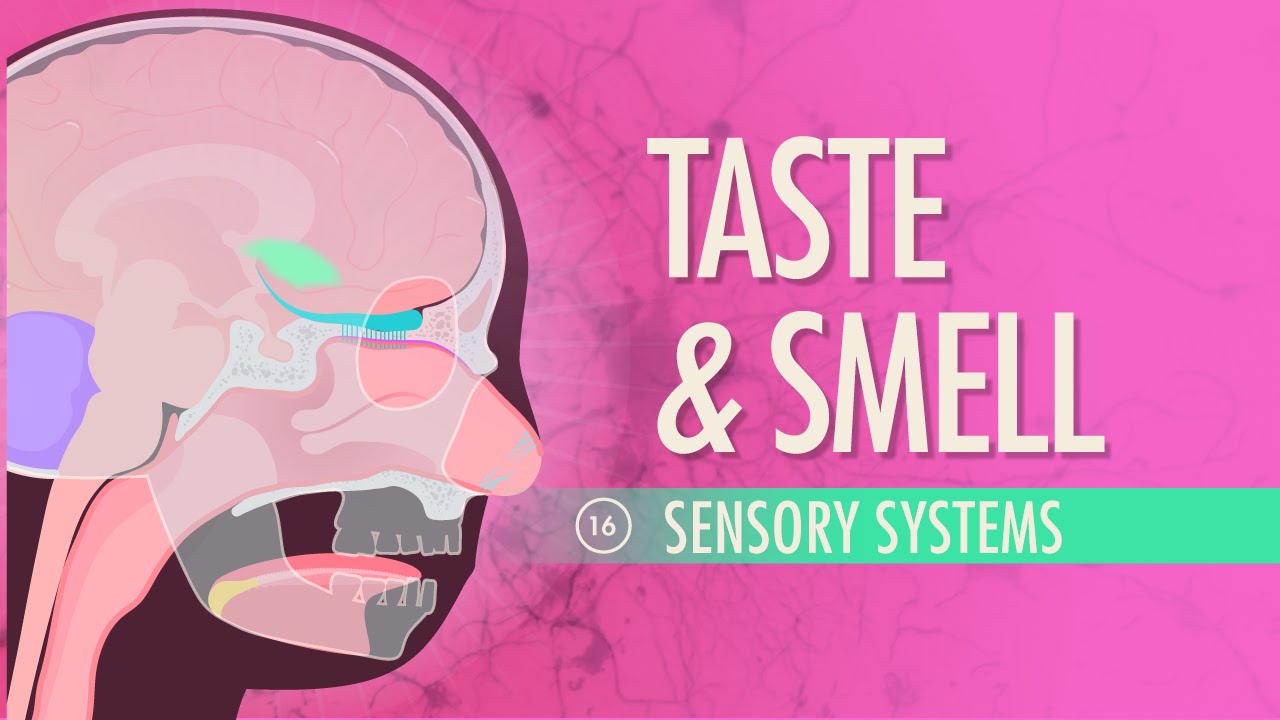- Empty cart.
- Continue Shopping
How to Maintain Healthy Smell and Taste Senses

The senses of smell and taste play integral roles in our enjoyment of food, our perception of the world, and our overall well-being. Maintaining these senses in optimal condition is crucial for a fulfilling and healthy life.
1. Incorporate a Balanced Diet
A well-rounded diet rich in fruits, vegetables, whole grains, lean proteins, and healthy fats provides the essential nutrients needed to support the health of your olfactory (smell) and gustatory (taste) receptors.
2. Limit Exposure to Harmful Substances
Avoid or minimize exposure to substances that can damage your senses, such as smoking, excessive alcohol consumption, and exposure to strong chemicals or pollutants.
3. Practice Good Oral Hygiene
Maintaining a healthy mouth, including regular dental check-ups and proper teeth cleaning, helps preserve your sense of taste.
4. Stay Hydrated
Adequate hydration supports the production of saliva, which is essential for the perception of taste. Dehydration can dull your taste buds.
5. Avoid Excessive Use of Nasal Decongestants
Frequent use of nasal decongestants can temporarily impair your sense of smell. Use them sparingly and consult a healthcare provider if you experience persistent nasal congestion.
6. Engage in Smell Training Exercises
Consciously engage your sense of smell by exposing yourself to a variety of scents, such as herbs, spices, or essential oils. This can help sharpen your olfactory senses.
7. Practice Mindful Eating
Take the time to savor and appreciate your food. Engage your sense of taste by paying attention to the flavors, textures, and aromas of what you’re eating.
8. Maintain a Healthy Weight
Excess body weight, particularly obesity, can impact your sense of taste. Maintaining a healthy weight through a balanced diet and regular exercise is key.
9. Protect Your Nose and Mouth
Wearing appropriate protective gear, like masks and respirators in situations that warrant them, can help safeguard your olfactory and gustatory senses from potential harm.
10. Seek Professional Help When Needed
If you experience a sudden loss or significant changes in your sense of smell or taste, consult a healthcare provider. This could be indicative of an underlying health issue.
11. Avoid Prolonged Exposure to Strong Scents
Limit exposure to strong or pungent scents for extended periods, as it can temporarily overwhelm your olfactory senses.
12. Be Mindful of Medications
Certain medications can affect your sense of smell and taste. If you notice changes while taking medication, consult your healthcare provider.
13. Practice Nasal Rinsing
Nasal rinsing with a saline solution can help clear mucus and improve your sense of smell.
14. Engage in Regular Exercise
Physical activity promotes blood flow, which is crucial for maintaining healthy sensory receptors in both your nose and mouth.
15. Stay Mentally Active
Engaging in activities that challenge your brain, such as puzzles or learning new skills, can support healthy sensory function.
In conclusion, Preserving your sense of smell and taste is essential for your overall well-being and quality of life. By adopting healthy lifestyle practices and being mindful of potential hazards, you can nurture and protect these vital senses. Remember, maintaining healthy olfactory and gustatory senses contributes not only to your enjoyment of life but also to your overall health and wellness.








